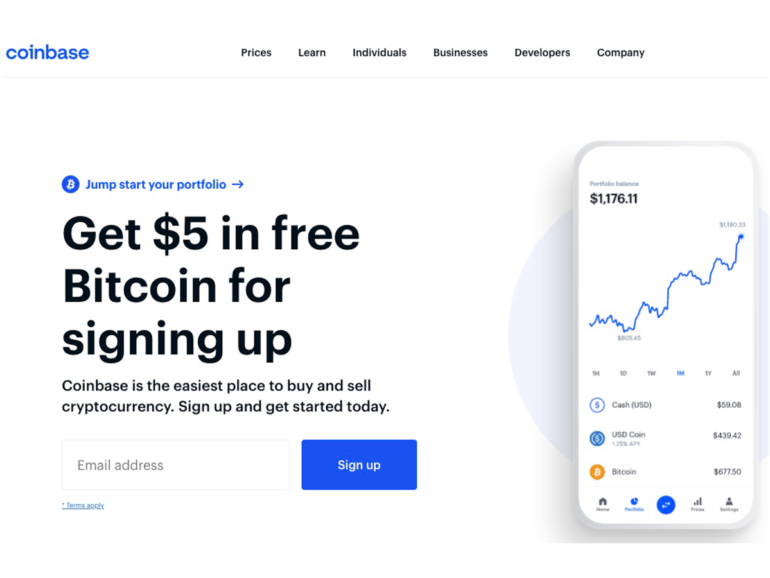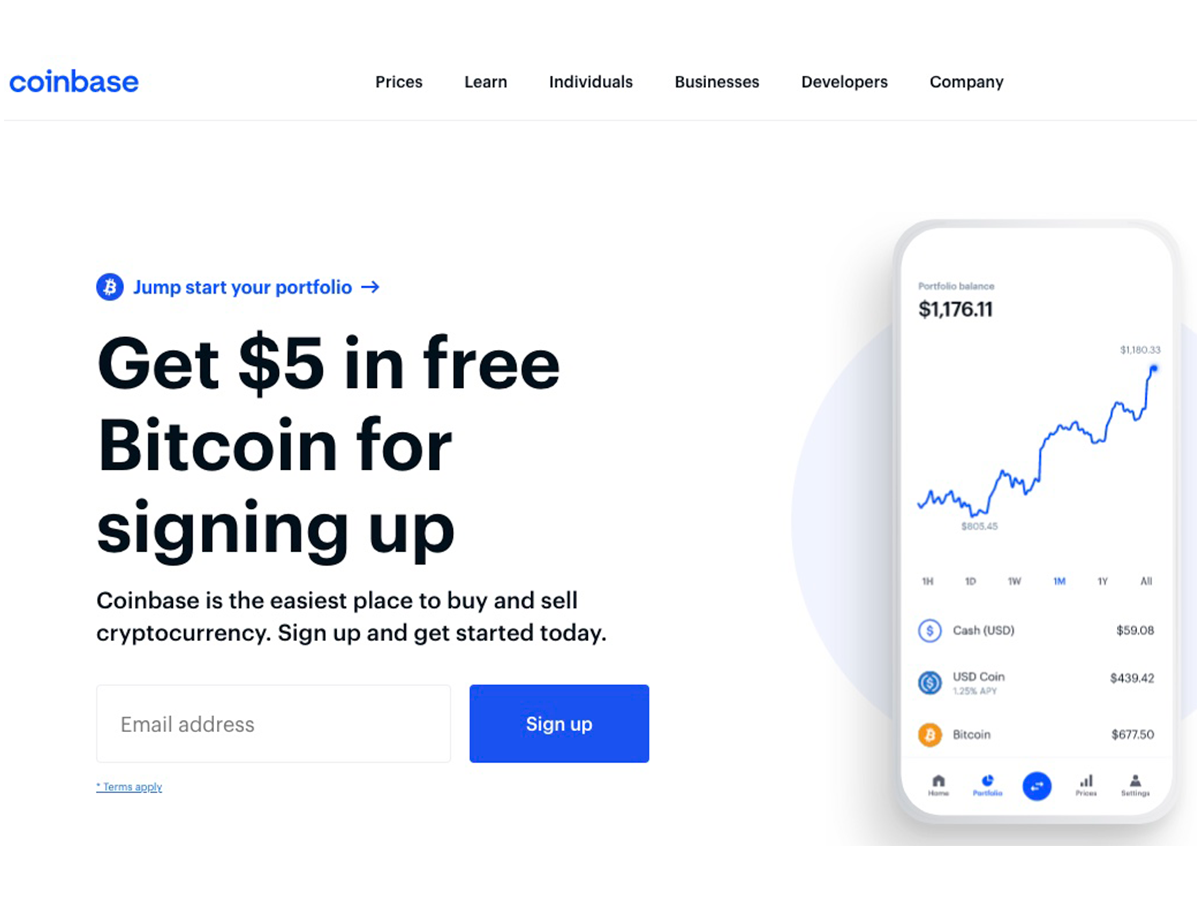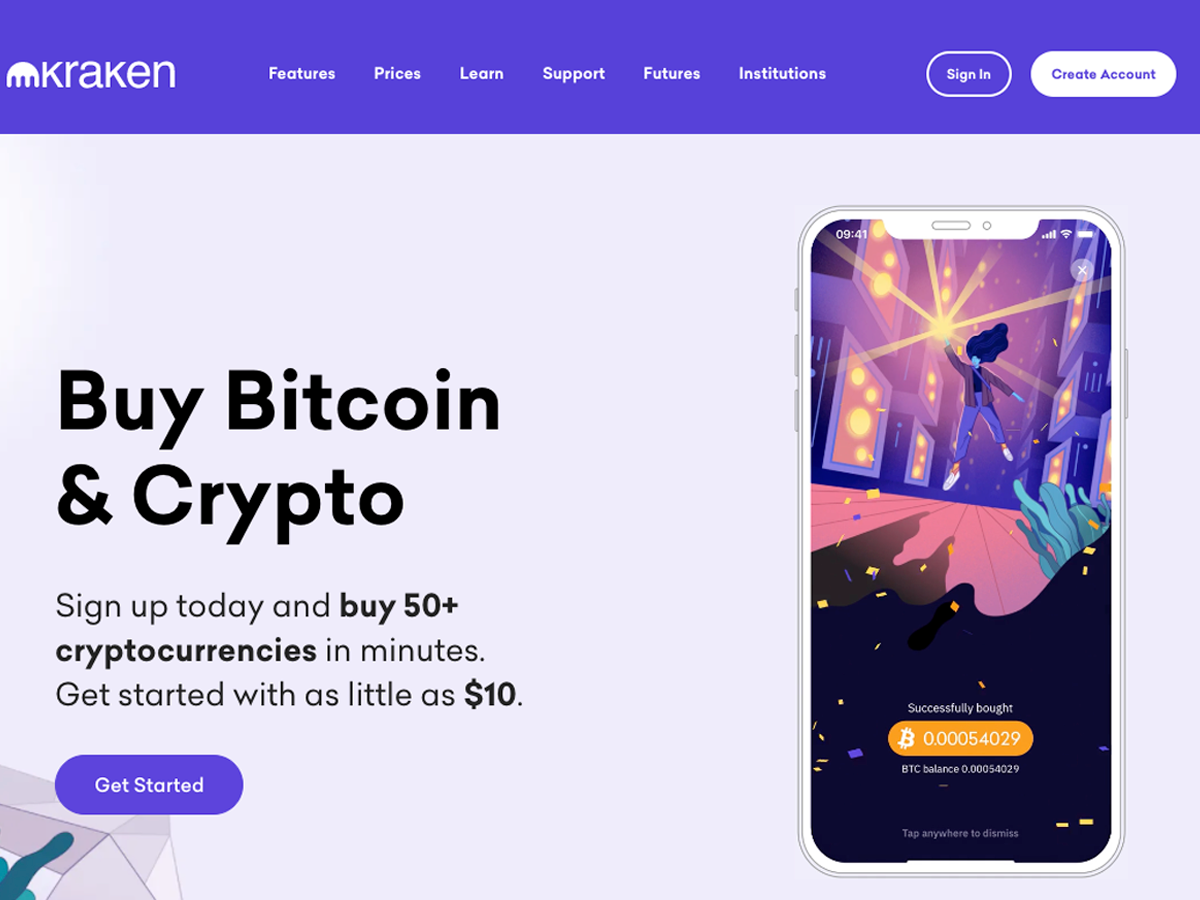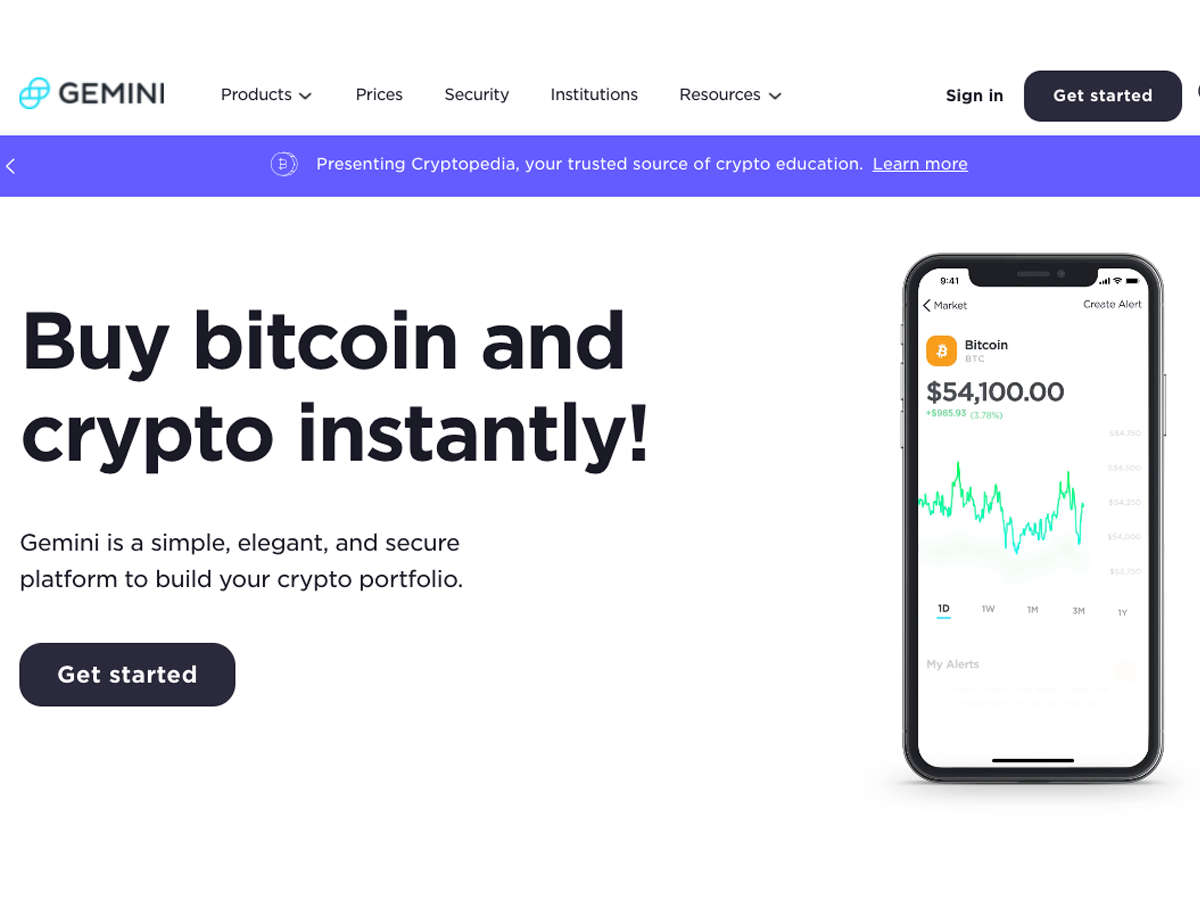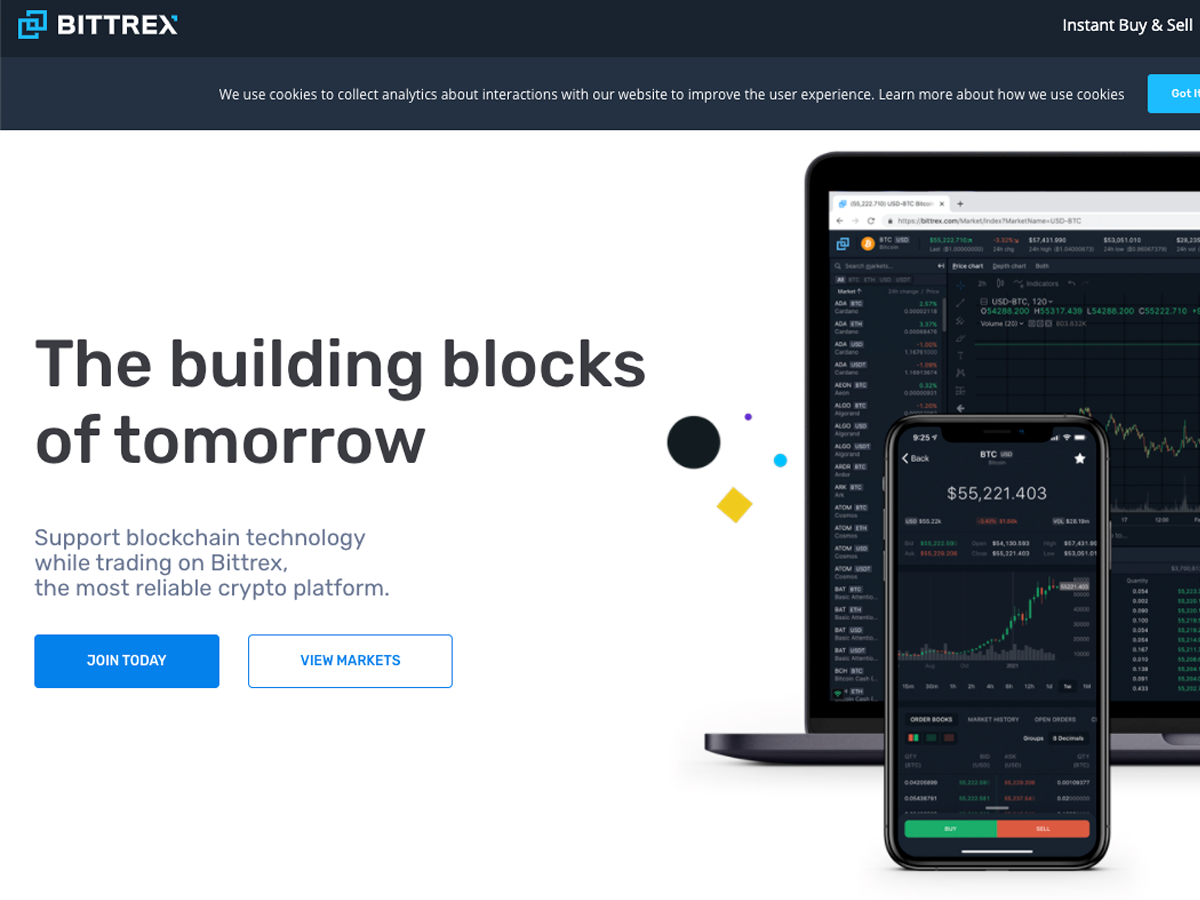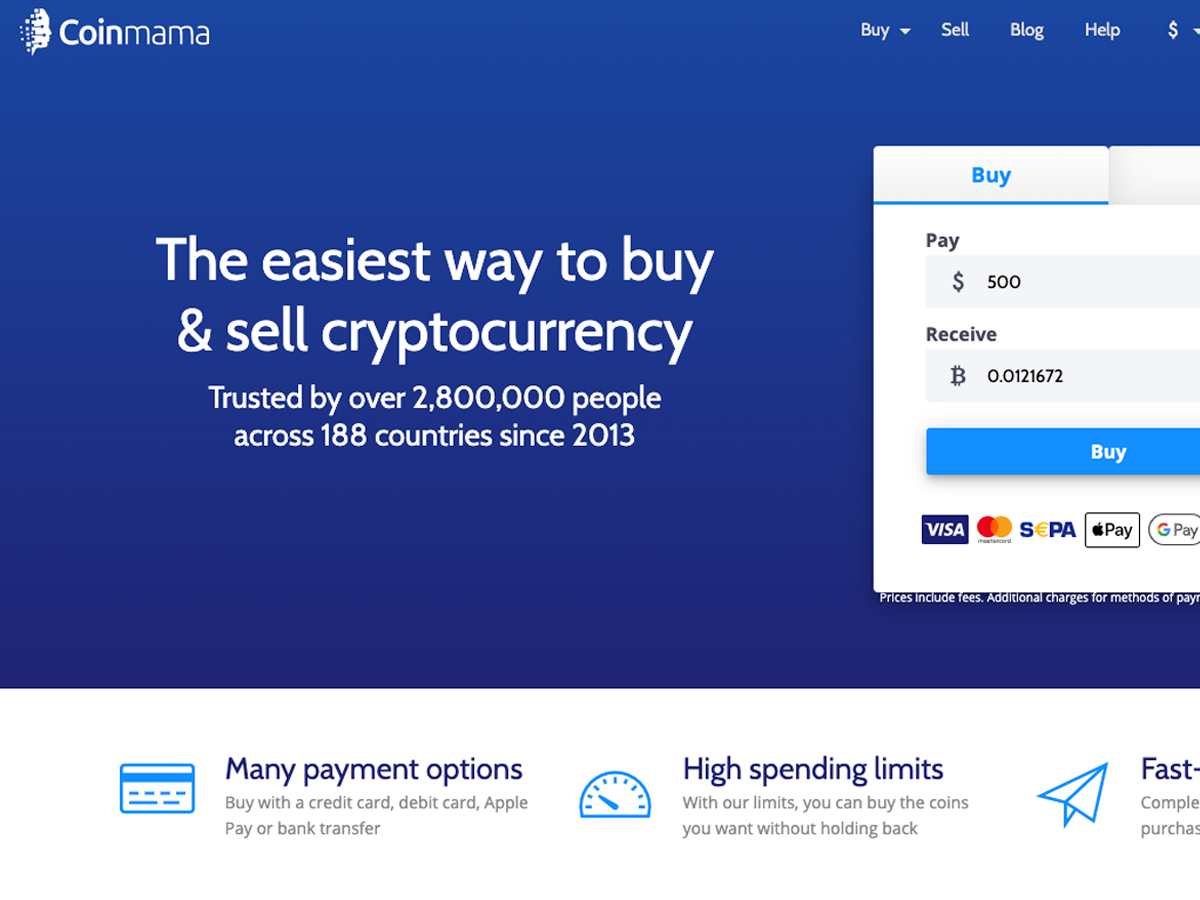Cryptocurrency exchanges are a lot like the auction house in World of Warcraft. Like in WoW, you’re buying and selling digital goods, except this time you’re buying and selling, say, Dogecoin instead of Crystalized Dread.
Basically, crypto exchanges help traders acquire or divest cryptocurrency holdings. They do this by converting fiat money (actual government-backed currency) into the digital currency of your choice (and vice versa when you sell). Some exchanges only take real money. Some only take digital currency. All charge fees of one sort or another, which is key to how they make a profit.
It should go without saying, but we’ll say it here: investing in cryptocurrency is risky as all heck. Crypto investing involves transferring hard-earned actual money for some fake bits generated by a purposely obtuse algorithm in the hope that enough other people will believe in the fake bits to make them somehow real. If that raises the hairs on the back of your neck, it should.
But some of you will be brave enough, or crazy enough, or wealthy enough that it just doesn’t matter, and put down cold, hard cash in return for fantasy money. Good luck. People are out there are making money off this stuff. We’re not, but someone is.
How we made our selections
We did a literature review of the findings of six financially-oriented sites (they’re listed below) who ranked the exchanges and aggregated those findings. By looking at findings from evaluators across the internet, we stand a better chance of creating a more reliable picture of the exchanges, while also being careful to avoid picking winners in a possibly regulated market.
Across all the sites, we identified 43 crypto exchanges. Of those 43 exchanges, 29 of them were only reviewed on one site. Because we’re explicitly trying to find how they’re perceived across the internet, we removed all of the one-hit wonders. We also removed another six exchanges that showed up on only two sites. None of them scored near the top of their respective reviewers’ lists, so there was no great loss.
That left us with seven providers tested on three or more sites, giving us a good starting point. Of those seven, four exchanges (Coinbase, Gemini, Binance.US, and Kraken) each got three sets of star-ratings. Two sites rated on a 1-5 scale and one (BitDegree) rated on a 1-10 scale. We converted BitDegree’s rating to a 1-5 scale (by dividing the ratings in half), and that allowed us to total up average ratings for the four exchanges where we had enough representative data.
These are the crypto exchanges that you might consider checking out.
Probably the best-known crypto exchange
Overview
Review average: 4.63
Free crypto on signup: $5 worth of free bitcoinNumber of currencies: 20+Wallet: Yes
Trading fees
Spread fee: 0.5%Fees: $1.49 – $2.99 depending on amountWire transfer fees: $10 incoming, $25 outgoing
Payment fees when buying crypto
ACH deposits: 1.49%Coinbase wallet: 1.49%Debit cards: 3.99%
Many categories of online services have canonical brands that are nearly synonymous with the category. For online shopping, it’s Amazon. For auctions, it’s eBay. For movie streaming, it’s still Netflix. For cryptocurrency, it’s Bitcoin. And for crypto exchanges, it’s Coinbase. No other crypto exchange has the brand equity of Coinbase. Coinbase was one of only two sites that were rated by all our source reviewers (the other was Gemini).
Coinbase seems to be a solid platform if you’re just starting out and you want to trade some bitcoin. One benefit of Coinbase is that it’s a US company. This is important if you’re trading more than $10,000 and want to keep your tax paperwork less complex. That’s because US Coinbase customers are not required to file the Report of Foreign Bank and Financial Accounts (FBAR) with the IRS.
Coinbase does offer a wallet, so you can treat the exchange as your one-stop shop for basic crypto. There’s also a Coinbase Pro service for those who have more in-depth intentions in this field.
Pros
Probably best known crypto exchangeClean user interface
Cons
Mediocre technical supportHigher fees than many
View Now at Coinbase
A monster of a crypto exchange
Overview
Review average: 4.62Free crypto on signup: NoneNumber of currencies: 50+Wallet: No
Trading fees
Fees (maker/taker): 0-0.2%/0.1-0.5% depending on volumeAdditional fees: Leverage buying has margin opening and rollover fees
Payment fees when buying crypto
ACH deposits: $0-10 depending on bank optionDebit/credit cards: 3.75% + $0.25Crypto deposit: Percentage of currency being deposited (varies by currency)
Withdrawal fees
Cash withdrawal: $0-35 depending on bank optionCrypto withdrawal: Percentage of currency being withdrawn (varies by currency)
There’s something unsettling about using a currency exchange whose name immediately brings to mind the phrase “beware the…” before its name. But, at least according to the aggregated internet reviews, you probably don’t have to beware this Kraken. It has the second highest review average and quite a lot of positive comments.
The Miami Herald, for example, says it has the “best customer support of any crypto exchange,” even though the only support provided is via chat or ticket requests. Given that many of the crypto exchanges we’ve looked at tend to elicit “good, but terrible customer support,” that may not be a terribly high bar. But any customer support has to be better than terrible customer support, so there you go.
The customer support may be needed, because the interface is relatively complex and is reputed to “have bugs that need fixing in the UI,” according to the Herald. Kraken also offers a variety of advanced services including margin trading, futures trading, and staking rewards.
Pros
Better customer service than many other exchangesWide range of currencies and services
Cons
Complex interfaceSomewhat buggy
View Now at Kraken
Lots of currencies, but US restrictions and UI issues
Overview
Review average: 4.57Free crypto on signup: NoneNumber of currencies: 200+Wallet: Yes
Trading fees
Spot trading fee: 0.1%Instant buy/sell fee: 0.5%Discount: 25% if you use BNB (Binance’s own currency)
Deposit fees
ACH deposits: freeWire: $15Debit cards: 4.5%
Withdrawal fees
ACH withdrawal: 0%Wire: $15 domestic, $35 internationalDebit card: not available
Binance.US is the American version of the Binance trading platform. The US site has a more limited selection of coins and tokens to trade than the international Binance. That’s not necessarily meant to imply that the coins and tokens on the US implementation are any safer, however.
There are also issues with access control. We’ve seen quite a few reports like this one, which describe serious difficulties setting up and using multifactor authentication.
If you’re a big-money trader (more than $50,000 in a given month), you may be able to get discounts on trading fees. The company offers a wide range of order types including limit, market, and stop-limit mechanisms. Some of these options may not be available in the US.
Pros
Big volume discountsMany coin types available
Cons
Futures and margin trading not available in USMany additional limits for US traders
View Now at Binance.US
Because…the founders are the Winklevoss twins
Overview
Review average: 4.23Free crypto: $10 worth of Bitcoin after buying/selling $100 BTCNumber of currencies: 25+Wallet: No
Trading fees
“Convenience” fee: 0.5% over market rateTransaction fees: $0.99-$2.99Large transaction ($200,00+) fee: 1.49% of market value
Deposit fees
ACH deposits: freeWire transfer fees: $10 incoming, $25 outgoingNo debit or credit cards
Transfer fees
ACH: freeWire: freeSome crypto: free
So here’s a bit of trivia. Remember Cameron Winklevoss and Tyler Winklevoss, contenders to the title of founders of Facebook? It’s a long story and part of a relatively inaccurate movie with Aaron Sorkin’s unbelievable but spectacularly-written dialog. Both Winklevi (they’re twins) were played by Armie Hammer in the movie.
Gemini trades in quite a few digital currencies, but that’s not all. The company has begun trading in NFTs. One interesting fact is that Gemini is a US-based company that’s FDIC-insured and regulated by the New York State Department of Financial Services.
Gemini appears to generally have a reputation for a good UI. Guru99 says, “It is a simple, elegant, and secure way to build bitcoin and crypto portfolio.” That feeling is echoed by most of the internet evaluations we examined.
Pros
Good user interfaceNew York State regulated
Cons
Challenging and unclear fee structureFounders not on Zuckerberg’s Friends list
View Now at Gemini
Lots of currencies and flat-fee trading
Overview
Review average: not enough ratingsFree crypto: NoNumber of currencies: 220+Wallet: Yes
Trading fees
Flat fee for all transactions: 0.25%
Deposit fees
No wire transfer feesOnly US Dollar transfers allowed via wire transferIndividual currency transfers may have fees
According to Tradesanta.com, “Bittrex is probably one of the most advanced crypto exchanges on the market today. It provides users with the fastest transactions available.”
Based up here in the Pacific Northwest, Bittrex is a Seattle-based company. However, despite being a US-based company, Bittrex states “Bittrex is not a regulated exchange under U.S. securities laws.”
Bittrex was founded by Bill Shihara (a former security engineering manager at Amazon and Blackberry, with a prior 11-year Microsoft tenure), Richie Lai (a former leader in the Amazon information security team, with a prior 12 year Microsoft tenure), and Rami Kawach (a former principle security engineer at Amazon, with time at Qualys and Microsoft). All that certainly explains why they’re based in the Evergreen State.
Pros
Free online walletVery few deposit feesA metric ton of currencies
Cons
No margin tradingFlat fee could get expensive
View Now at Bittrex
Accepts credit and debit cards, plus Apple Pay
Overview
Review average: not enough ratingsFree crypto: NoNumber of currencies: 10+Wallet: No
Trading fees
Spread: XBX + 2%Buy order commission fee: Up to 3.9%Sell order commission fee: 0.1% to 0.9%
Payment fees when buying crypto
Debit/credit cards: Additional 5% “momentum” feeSEPA bank transfer fee: £0SWIFT bank transfer: £0 over $1,000, £20 under $1,000
Withdrawal fees
Withdrawal: $0Additional sell fee: 0.1-0.9%
Coinmama, the exchange with the best name we’ve seen, was founded by Nimrod Gruber (also the best founder name we’ve seen), is registered in Slovakia and operates out of Israel.
The exchange’s most obvious benefit is the ease of transferring fiat currency (i.e., dollars or euros) into and out of the exchange. The firm accepts not only debit cards, but credit cards and even Apple Pay.
Coinmama is more of a reseller than an exchange. You can’t use one cryptocurrency to buy another. Instead, if you want to buy a currency, you have to use fiat money. The same is true of selling a currency. So if you want to use your Bitcoin to buy Ethereum, you’ll first need to sell your Bitcoin and get dollars or euros, then spend those dollars or euros to buy the Etherium.
When you add up the spread fee percentage plus the sell fee percentage, you get a fee basis that’s higher than Coinbase, which has among the highest fees we’ve seen. You can lower those fees a bit by being what Coinmama calls Curious, Enthusiast, or Believer, a loyalty discount based on your trading volume over both a rolling 90-day period and lifetime on Coinmama.
Pros
Best name evar!Accepts credit and debit cards, plus Apple Pay
Cons
Very few currencies comparative to other exchangesFlat fee could get expensive
View Now at Coinmama
eToro
Automatically mimic successful traders (and there’s Alex Baldwin)
Overview
Review average: not enough ratingsFree crypto: Get $50 when you buy $1,000 worth of cryptoNumber of currencies: 14Wallet: Yes
Trading fees
Trading fee: 0.75% to 2.9% based on the spread between bid and askConversion (currency to currency) fee: 0.1%
Payment fees when buying crypto
Deposit fee: $0Additional fees: Extra fee for deposting non-USD currency
Withdrawal fees
Withdrawal: $0Additional fees: Extra fee for withdrawing in non-USD currency
One of the most interesting features of eToro is its “practice trading account,” which allows you to game trading and get used to the process before risking actual money. Another interesting feature is eToro’s CopyTrade option, which allows you to automatically run trades based on the actions of top traders on the platform. Essentially, you can put your trading on autopilot, and as long as the trader you’re mimicking is making smart moves, so will you.
Be aware that there are some built-in delays getting started with eToro. Every incoming deposit is put on hold for 7 days. Transfers can then take another 3 days, so you’re looking at 10 days before you’re actually in the money, er, crypto. This also applies to wired-in funds as well, which can also take up to 7 days to hit your account.
Pros
Ability to mimic successful traders automaticallyPractice trading accountThe best Baldwin
Cons
Comparatively high trading feesCredit/debit cards not acceptedBaked-in delays on top of baked-in delays
How much does it cost to trade crypto currency?
While exchanges are not banks, they all have one very bankerly philosophy: whether or not you make money, the banker always wins. In this case, the exchanges make money through a wide range of fees attached to just about everything. For example, there’s the spread fee. If you buy cryptocurrency, you’ll pay a bit more than the asking price. If you sell cryptocurrency, you’ll get a bit less than market price. That bit more or bit less is the spread.
On top of the actual purchase fees are the fees you pay to bring real world money (called stablecoin in crypto vernacular) into the exchange. These include ACH transfers, wire transfers, use of the exchange’s wallet, and debit and credit card fees (although most exchanges only accept debit cards).
How secure are crypto exchanges?
Many of the reviewers we explored during our literature review made claims about the security of the various exchanges. Over the past year, there has been a constant series of hacks of exchanges, accounts, and crypto-related activities. We do not feel that we have anywhere near enough information to declare one exchange more secure than another (and, quite honestly, don’t feel that any reviewer has enough information to make any claims).
As such, we’re not reporting that one exchange is more secure than another, or this or that exchange has not been hacked (because they may have been, but not reported it). This is definitely an area where caveat emptor is in full effect. Be careful, young Padawan. Be very, very careful.
How risky is crypto investment?
Look, crypto investing isn’t for everyone. Almost everything about the process, once you think about the real money implications, should invoke a sense of caution and care, if not some crystalized dread. Much of the terminology and mechanisms behind crypto trading is complex and arcane, so it’s very possible to lose your shirt.
That said, the exchanges we’re spotlighting here seem to be some of the best out there, at least according to other outlets that examined them in some detail.
Personally, most of my digital currency holdings are in World of Warcraft gold, and even that has some market value. If you want 5,000 WoW gold coins, you can buy it for about $400. I didn’t buy my gold. Instead, years ago when I had more time to play video games, I farmed (the WoW equivalent of crypto mining) it in game.
Why do I keep bringing all this back to fake money in a video game? Because, fundamentally, all these cryptocurrencies we’ve been talking about are also fake money in a digital space. The value of crypto exists solely because enough people decided it has value — and that value can vanish the minute people lose faith.
But isn’t that also true of so-called real money? Most of us have paper in our wallets or a number on a website that represents our cash holdings. Our real money has value because we choose to accept it for goods and services. So, it’s entirely possible that, as time moves on, more and more sellers will accept certain cryptocurrencies in return for their goods and services.
For now, though, just be careful.
The sites we used as source material
These are the sites we used in researching and assembling the data in this article:
What about you? Have you invested in crypto? Do you plan to in the future? Share your thoughts and experiences (and advice, if you have any) below.
You can follow my day-to-day project updates on social media. Be sure to follow me on Twitter at @DavidGewirtz, on Facebook at Facebook.com/DavidGewirtz, on Instagram at Instagram.com/DavidGewirtz, and on YouTube at YouTube.com/DavidGewirtzTV.
